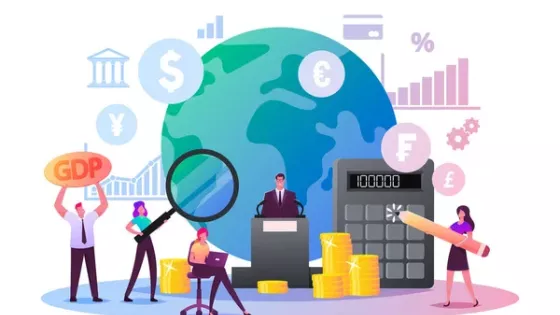DP18708 Election-induced fiscal policy cycles in emerging market and developing economies
The widening of fiscal deficits during democratic elections is well established. We examine a broader set of fiscal outcomes around elections for a large set of emerging and developing economies (EMDEs), probe for differences between democracies and non-democracies, and estimate the degree to which fiscal deteriorations are unwound after elections. We show three patterns. First, primary deficits rise statistically significantly during elections, by 0.6 percentage point of GDP. Primary spending, especially on the government wage bill, also rises statistically significantly and indirect tax revenues fall. Second, these deteriorations occur in democracies and non-democracies alike. Third, the deterioration in primary deficits is not unwound after elections and the deterioration in primary spending is partially unwound after the election, mainly through cuts in capital spending. These patterns imply that deficits in EMDEs ratchet up over the course of several election cycles. Over time, this can threaten the sustainability of public finances. Finally, we find that better institutional quality (such as strong fiscal rules) and the presence of an IMF program partly mitigate the impact of elections on fiscal positions.

